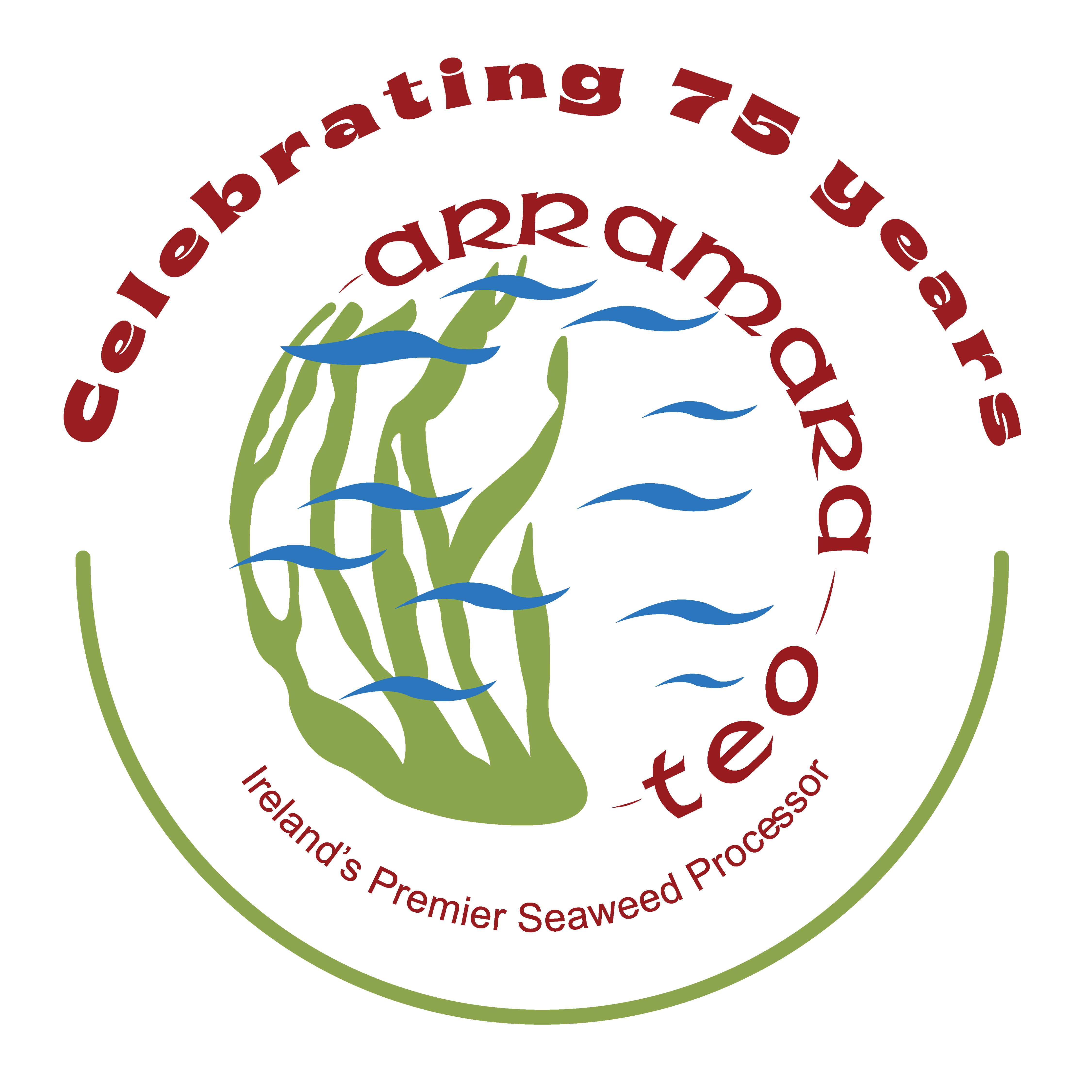You’ll see most of Ireland’s sheep farming nestled in counties from Galway and Mayo to Donegal and Wicklow. Though herd size rarely reaches the sheer numbers of countries like New Zealand, these humble sheep farms contribute to the prosperity of many Irish farmers and communities.
In years past, sheep nutrition was only as good as the quality of silage and land in the hills or lowlands where herds grazed. With a wealth of proven feed supplements on the market, producers of all sizes can ensure their sheep, whether used for meat or wool, will remain healthy.
Though seaweed for animals has been shown to improve the wellbeing of a variety of livestock throughout Ireland, we’re often asked this question: can sheep eat seaweed? Research suggests that feeding sheep seaweed like our Titan® for Animals products can enhance their gut health and heighten wool production.
What Can Sheep Eat?
Sheep may have a reputation as creatures with iron stomachs, but there are specific foods that they should avoid. As ruminants, an excess of alfalfa and grain mixtures increases sheep obesity levels and can cause other health problems. If any ewes or rams break into your garden, scarfing down tomatoes, broccoli, cabbage or turnips can poison those unlucky enough to do some adventurous eating.
On the other hand, eating seaweed like Ascophyllum nodosum is significantly safer for sheep. In fact, there are some sheep on the Orkney Islands, where the North Sea meets the Atlantic Ocean off the coast of Scotland, that almost exclusively eat seaweed.
The North Ronaldsay sheep consume a diet that primarily consists of the nutrient-rich seaweed that washes ashore on their island home. Locals keep these semi-feral sheep separate from their domestic flocks on the island, cultivating a breed that is valued for pre-seasoned flavour and reliable meat quality.
Benefits of Feeding Sheep Seaweed
We know they can eat it. But how does feeding sheep seaweed positively impact their health? Seaweed feed supplements can improve everything from their GI health to the thickness and richness of sheep’s wool:
More efficient digestion & immune response
The prebiotics found in seaweed supplements are critical to stimulating vigorous digestion of the material your sheep eat. By giving the microbes in a sheep’s GI tract the organic compounds they need to thrive, your herd is better equipped to ingest the nutrients they consume and fight off harmful bacteria that enters their bodies. Sheep that eat seaweed have access to more energy and face fewer health problems during the year.
Rich and Thick Wool
Whether going to the foreign market for textiles, insulation and packaging; or to local buyers for the production of an Aran jumper, there’s definitely an advantage to creating thicker wool. Since the pandemic has caused some uncertainty for demand, farmers can produce more wool with fewer sheep if the herd is fed seaweed.
In fact, a study of 900 ewes fed seaweed meal found that the animals could sustain marketable weights during the winter and produce more wool than sheep not fed seaweed. Though different types of breeds will take to the seaweed in different ways, there’s a potential for using seaweed as a supplement to thicken wool.
So, no matter where your sheep graze or the quality of silage they eat, seaweed supplements help to ensure they get the nutrition necessary to always remain healthy and productive.
Ready to learn more about how seaweed like Ascophyllum nodosum can benefit your sheep? Check out our Titan® for Animals products to learn more about their benefit to all of your livestock.
Learn about Titan® for Animals
Related Articles
How Kelp Meal for Chickens Produces Stunning & Nutritious Eggs
How to Overcome Heat Stress in Dairy Cows During Irish Heatwaves
How You Can Raise Healthier, More Resilient Pigs with Seaweed Supplements
